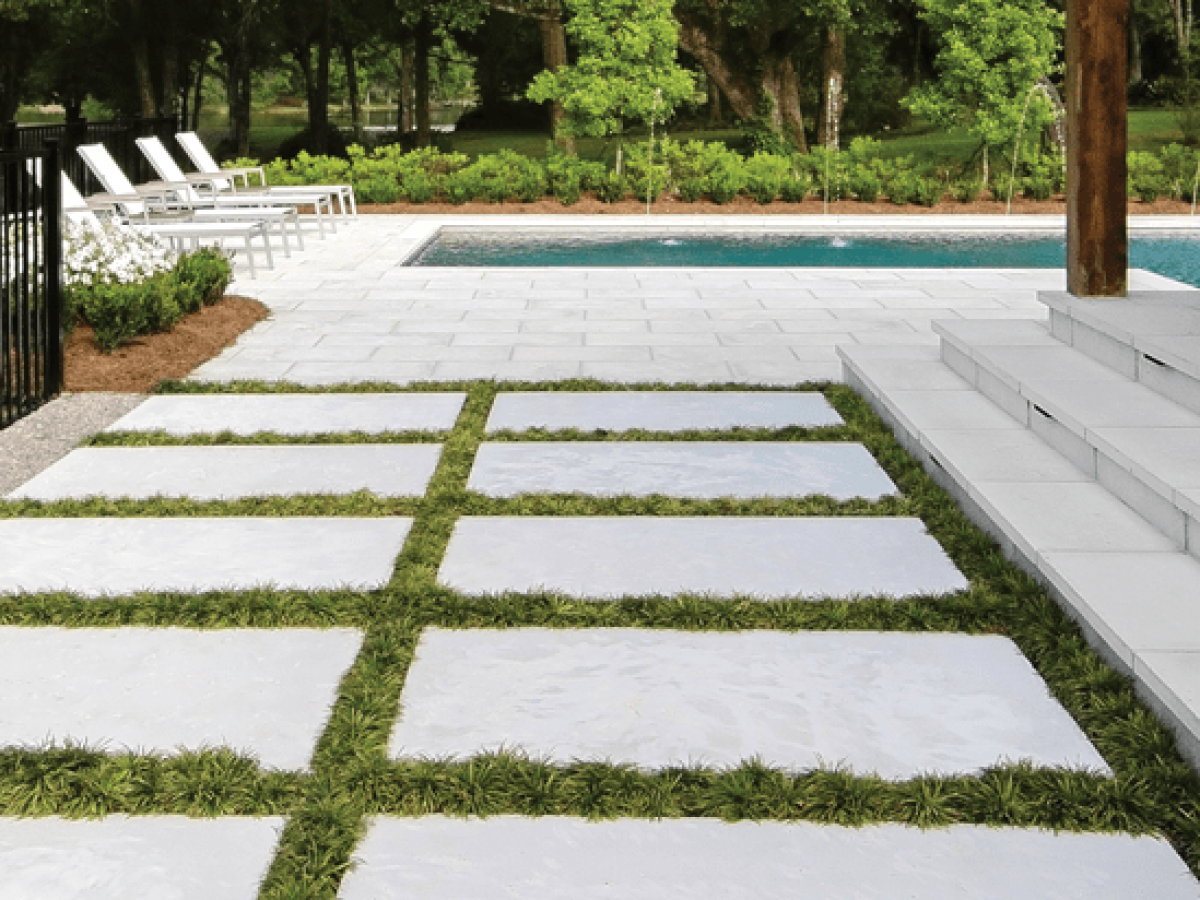
Concrete Pavers: A Comprehensive Guide to Durable and Aesthetic Paving Solutions
Introduction
Concrete pavers, also known as paving stones or concrete blocks, are a popular choice for both residential and commercial paving applications. Their durability, versatility, and aesthetic appeal make them an ideal solution for a wide range of projects, from driveways and patios to pool decks and commercial walkways. This comprehensive guide will delve into the various aspects of concrete pavers, providing insights into their benefits, types, installation methods, and maintenance considerations.
Benefits of Concrete Pavers
- Durability: Concrete pavers are renowned for their exceptional durability, withstanding heavy loads, extreme weather conditions, and wear and tear. They are less prone to cracking or breaking compared to other paving materials.
- Versatility: Concrete pavers come in a wide range of shapes, sizes, colors, and textures, offering endless design possibilities. They can be used to create intricate patterns, borders, and accents to enhance the aesthetics of any outdoor space.
- Low Maintenance: Concrete pavers require minimal maintenance, making them a cost-effective paving solution. Regular cleaning and occasional sealing are sufficient to maintain their appearance and longevity.
- Permeability: Permeable concrete pavers allow rainwater to infiltrate the ground, reducing runoff and improving drainage. This eco-friendly feature makes them an ideal choice for areas prone to flooding or waterlogging.
- Heat Resistance: Concrete pavers reflect heat, keeping outdoor surfaces cooler during hot weather. This makes them comfortable to walk on and reduces heat island effects.
Types of Concrete Pavers
Interlocking Pavers:
- These pavers feature interlocking lugs that fit together securely, creating a stable and durable surface.
- They are available in various shapes, including square, rectangular, and hexagonal.
- Interlocking pavers are ideal for driveways, patios, and walkways.
Non-Interlocking Pavers:
- These pavers do not have interlocking lugs and are laid in a bed of sand or mortar.
- They are typically larger and thicker than interlocking pavers.
- Non-interlocking pavers are suitable for low-traffic areas, such as garden paths and decorative borders.
Segmental Pavers:
- Segmental pavers are large, rectangular pavers that are used to create modular paving systems.
- They are typically used for commercial applications, such as parking lots and industrial floors.
- Segmental pavers provide a smooth, durable surface that can withstand heavy loads.
Materials and Manufacturing
Concrete pavers are typically made from a mixture of cement, sand, aggregate, and water. The aggregate can vary from crushed stone to recycled materials, such as glass or rubber.
The manufacturing process involves mixing the ingredients, forming the pavers, and curing them. Curing is a crucial step that ensures the pavers develop their full strength and durability.
Installation Methods
Subgrade Preparation:
- The subgrade, which is the base layer beneath the pavers, must be properly prepared to ensure a stable foundation.
- This involves excavating the area, leveling it, and compacting it.
Laying the Pavers:
- The pavers are laid in a predetermined pattern, ensuring proper alignment and spacing.
- A layer of sand or mortar is used to bed the pavers and provide stability.
Compacting and Sealing:
- Once the pavers are laid, they are compacted using a plate compactor to secure them in place.
- A sealant can be applied to the surface to enhance its appearance, protect it from stains, and extend its lifespan.
Maintenance Considerations
Regular Cleaning:
- Concrete pavers should be regularly cleaned to remove dirt, debris, and stains.
- A pressure washer or stiff brush can be used for cleaning.
Sealing:
- Sealing the pavers every few years helps protect them from stains, moisture penetration, and weathering.
- A penetrating sealer is recommended for best results.
Repairing Cracks:
- If cracks occur in the pavers, they can be repaired using a concrete patching compound or epoxy.
- Prompt repair is essential to prevent further damage.
Resurfacing:
- In case of extensive damage or discoloration, the pavers can be resurfaced using a thin layer of concrete overlay.
- This process restores the appearance and functionality of the paving surface.
Applications of Concrete Pavers
Residential Applications:
- Driveways
- Patios
- Walkways
- Pool decks
- Garden paths
Commercial Applications:
- Parking lots
- Industrial floors
- Public plazas
- Sidewalks
- Commercial walkways
Design Considerations
Shape and Size:
- The shape and size of the pavers can significantly impact the overall design of the paving surface.
- Small pavers create a more intricate look, while larger pavers provide a bolder and more modern aesthetic.
Color and Texture:
- Concrete pavers come in a wide range of colors and textures, allowing for endless design possibilities.
- Contrasting colors and textures can be used to create striking patterns and accents.
Laying Patterns:
- The laying pattern can enhance the visual appeal of the paving surface.
- Common patterns include herringbone, basketweave, and running bond.
Borders and Accents:
- Borders and accents can frame the paving surface and add visual interest.
- Contrasting pavers or decorative inserts can be used to create unique and eye-catching designs.
Sustainability
Concrete pavers are an environmentally friendly paving solution due to their durability, permeability, and use of recycled materials.
- Their long lifespan reduces the need for frequent replacements, conserving resources.
- Permeable pavers allow rainwater to infiltrate the ground, replenishing groundwater and reducing runoff.
- The use of recycled materials in the manufacturing process minimizes waste and promotes sustainability.
Conclusion
Concrete pavers offer a myriad of benefits, including durability, versatility, low maintenance, and aesthetic appeal. They are available in a wide range of types, materials, and colors, providing endless design possibilities for both residential and commercial applications. Proper installation and maintenance are crucial to ensure the longevity and performance of concrete pavers. By considering the various aspects discussed in this guide, you can make informed decisions about using concrete pavers to create beautiful, durable, and sustainable outdoor spaces.